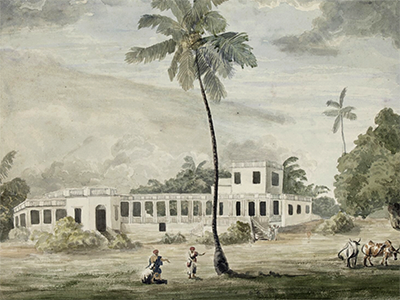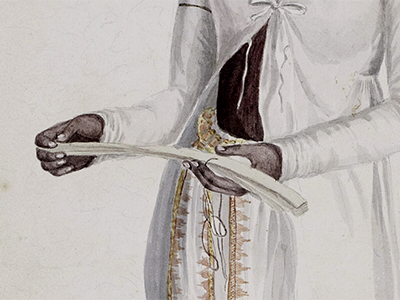Further Reading
For further reading on archives and colonialism, please see:
Carter, Rodney G. S. “Of Things Said and Unsaid: Power, Archival Silences, and Power in Silence.” Archivaria, Sept. 2006, pp. 215–33.
Caswell, Michelle. Urgent Archives: Enacting Liberatory Memory Work. Routledge, 2021.
Cohn, Bernard S. Colonialism and Its Forms of Knowledge : The British in India. Princeton Studies in Culture/Power/History. Princeton, N.J.: Princeton University Press, 1996.
On Decolonisation and the University." Textual Practice, vol. 35, no. 6, 2021, pp. 873-899, DOI: 10.1080/0950236X.2021.1929561
Guha, Ranajit, A Subaltern Studies Reader, 1986-1995. Minneapolis: University of Minnesota Press, 1997
Mccracken, Krista. “Challenging Colonial Spaces: Reconciliation and Decolonizing Work in Canadian Archives.” Canadian Historical Review, vol. 100, no. 2, May 2019, pp. 182–201.
Menon, Minakshi. “Indigenous Knowledges and Colonial Sciences in South Asia.” South Asian History and Culture, vol. 1-18, 2021, pp. 1–18, DOI:10.1080/19472498.2021.2001198.
Schwartz, Joan M., and Terry Cook. “Archives, Records, and Power: The Making of Modern Memory.” Archival Science, vol. 2, no. 1–2, Mar. 2002, pp. 1–19.
Trautmann, Thomas R. The Madras school of orientalism: producing knowledge in colonial South India. New Delhi: Oxford University Press, 2009.
Tuck, Eve, and K. Wayne Yang. “Decolonization Is Not a Metaphor.” Decolonization: Indigeneity, Education & Society, vol. 1, no. 1, 1, Sept. 2012.
Disclaimer:
This part of the website includes links that will direct you to sites that may or may not be affiliated with the project. You should be aware that these sites may require special software or browser plug-ins to view or experience their content. In addition, the content on these sites may change without notice. Open Access links have been provided where available.


